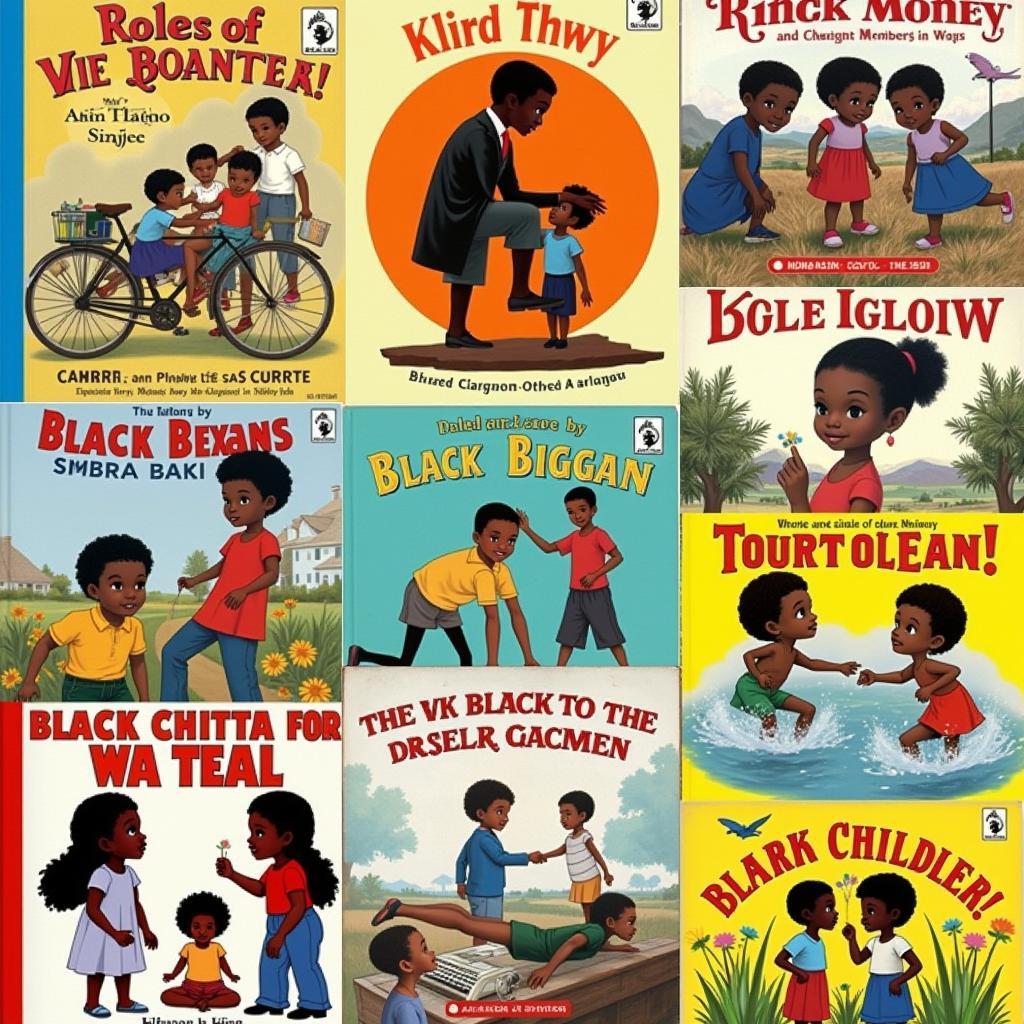African Americans and Drugs: Unpacking a Complex Relationship
The intersection of race and drug use in America is fraught with complexities, often fueled by misconceptions and systemic inequalities. This holds true for the experiences of African Americans, where the relationship with drugs is multifaceted and cannot be understood through a simplistic lens.
Historical Trauma and Systemic Racism: The Roots of Disparity
To truly grasp the nuances of African Americans And Drugs, we must delve into the historical and societal context. The legacy of slavery, Jim Crow laws, and ongoing systemic racism has created a cycle of poverty, limited access to opportunities, and concentrated disadvantage within many African American communities. These factors contribute significantly to health disparities, including higher rates of substance use disorders.
The “War on Drugs,” launched in the 1980s, further exacerbated these issues. Despite similar rates of drug use across racial groups, African Americans were disproportionately targeted by law enforcement, leading to mass incarceration and the breakdown of families and communities. This discriminatory practice fueled the stereotype of the Black drug user, perpetuating stigma and hindering access to treatment and support.
Beyond Statistics: Unveiling the Human Stories
While statistics paint a stark picture, it’s crucial to remember that behind each number is a human story. The reasons behind drug use within the African American community are varied and complex, often stemming from trauma, economic hardship, lack of access to healthcare, and mental health challenges.
Furthermore, it’s vital to recognize the diversity within the African American community. Experiences with drugs vary based on socioeconomic status, geographic location, gender, and sexual orientation. Ignoring this diversity risks perpetuating harmful stereotypes and overlooking the unique challenges faced by different subgroups.
Moving Forward: A Call for Equity and Understanding
Addressing the complex relationship between African Americans and drugs requires a multi-pronged approach rooted in equity and understanding.
- Dismantling Systemic Racism: Systemic racism is a public health crisis that demands comprehensive solutions. This includes addressing disparities in housing, education, employment, and healthcare.
- Investing in Community-Based Solutions: Supporting community organizations working on the frontlines to provide culturally relevant prevention, treatment, and recovery services is essential.
- Shifting from Punishment to Public Health: Moving away from punitive drug policies towards a public health approach that prioritizes treatment, harm reduction, and reintegration is critical.
african american drug use statistics provide a starting point for understanding the scope of the issue.
A Future of Healing and Hope
Breaking down the stigma surrounding drug use within the African American community requires open and honest conversations. By acknowledging the historical and societal factors at play and embracing a more compassionate and holistic approach, we can work towards a future where all individuals have the opportunity to heal and thrive.
The fight for drug policy reform and racial justice is intertwined. Only by addressing these issues in tandem can we create a more just and equitable society for all.



